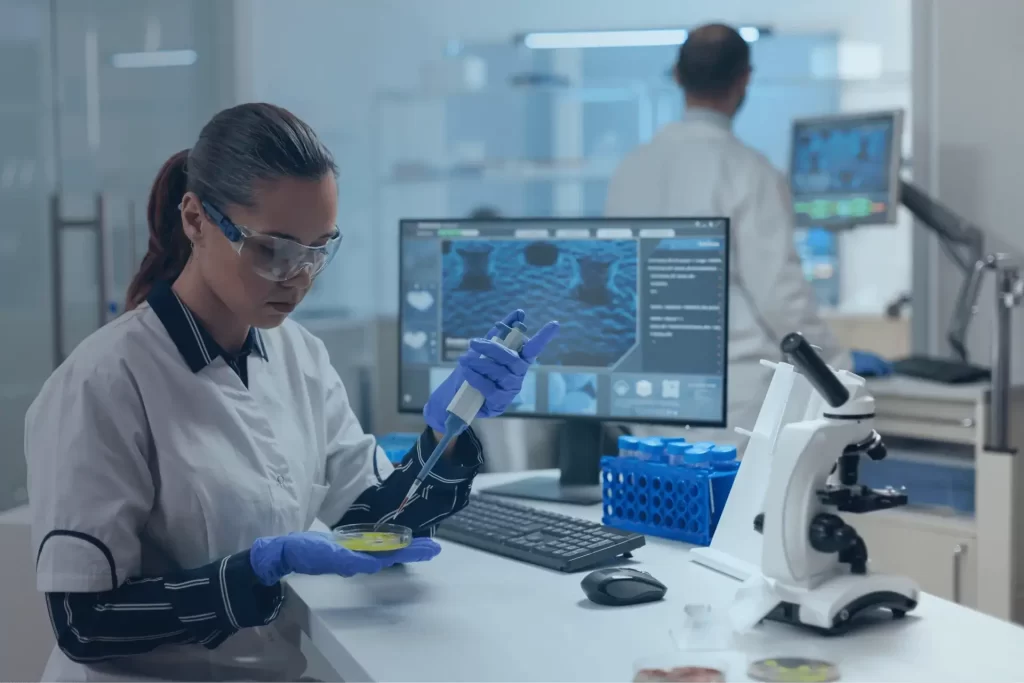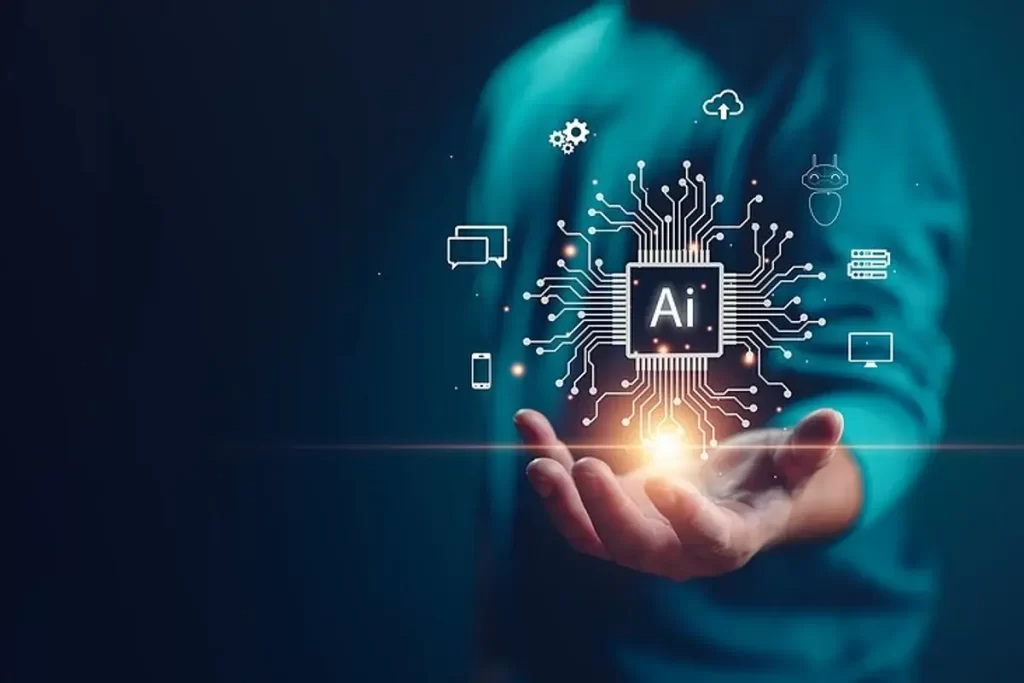
How the Artificial Intelligence Revolution is Transforming Technology and Driving Innovation
The Artificial Intelligence Revolution is rapidly transforming industries such as healthcare, business, transportation, and entertainment. These advancements are expanding technological boundaries, creating opportunities once thought impossible. This article examines how AI is revolutionizing industries and paving the way for a future powered by innovation.
The Evolution of Artificial Intelligence
Artificial intelligence has evolved from theoretical discussions into an indispensable tool in modern life. With breakthroughs in machine learning, deep learning, and neural networks, AI systems now process vast amounts of data, identify patterns, and make decisions independently.
The Artificial Intelligence Revolution is fueled by increased computing power, access to big data, and advancements in algorithms. These elements enable AI to optimize processes and deliver intelligent solutions across diverse sectors.
Revolutionizing Healthcare Through AI
The Artificial Intelligence Revolution is making groundbreaking advancements in healthcare. AI improves patient outcomes by enhancing diagnostics, personalizing treatments, and automating routine tasks.
For instance, AI-driven algorithms analyze medical images, detecting conditions such as cancer earlier than traditional methods. This enables life-saving interventions. Additionally, AI accelerates drug discovery by simulating molecular interactions and predicting effective compounds, reducing research timelines.
Telemedicine platforms powered by AI bring healthcare to underserved areas, offering real-time consultations and personalized care for patients worldwide.

Transforming Business with the AI Revolution
AI is fundamentally reshaping how businesses operate, driving efficiency and innovation. Predictive analytics helps companies optimize supply chains, manage inventory, and forecast market trends.
Customer service has been revolutionized through AI-powered chatbots and virtual assistants, which provide instant, 24/7 support. This enhances user satisfaction and reduces operational costs. In manufacturing, AI-driven robotics streamline production, reduce waste, and improve consistency.
By leveraging AI, businesses can adapt to market changes, innovate faster, and remain competitive.
AI and the Transportation Industry
The Artificial Intelligence Revolution is advancing transportation with innovations like autonomous vehicles. Self-driving cars from companies such as Tesla and Waymo utilize AI to analyze surroundings, avoid obstacles, and make real-time decisions. This promises safer roads and reduced traffic incidents.
In logistics, AI optimizes delivery routes, predicts demand, and automates warehouse operations. These advancements reduce costs, minimize human error, and increase efficiency.
AI Enhancing Creativity and Entertainment
AI is redefining creativity and entertainment by delivering personalized user experiences and enabling new artistic expressions. Platforms like Netflix and Spotify use AI to recommend content based on user preferences, ensuring engagement.
In the arts, AI tools like DALL-E generate visual artworks, showcasing collaborative potential with human creators. Similarly, AI contributes to music and film production by assisting in composition, editing, and visual effects, broadening the scope of creative possibilities.
AI Revolutionizing Education
AI is personalizing education at scale, tailoring learning experiences to individual students’ needs. Adaptive learning platforms analyze student performance, offering customized lesson plans that improve engagement and understanding.
AI automates administrative tasks such as grading and scheduling, freeing educators to focus on teaching. Tools like Duolingo provide gamified, interactive learning opportunities, breaking barriers to global education access.

Addressing Ethical Challenges in AI Development
While the Artificial Intelligence Revolution promises immense benefits, it also raises ethical concerns. Issues such as data privacy, algorithmic bias, and job displacement require immediate attention.
For example, biased AI algorithms can perpetuate inequality, while automation threatens to replace jobs in certain industries. However, AI also creates opportunities for economic growth and innovation.
Collaboration between policymakers, technologists, and society is crucial to ensure AI development benefits humanity responsibly.
Conclusion: The Future of the Artificial Intelligence Revolution
The Artificial Intelligence Revolution is still in its infancy. Emerging advancements in generative AI, quantum computing, and natural language processing will unlock new possibilities, from sustainable energy solutions to space exploration.
Integrating AI with IoT, blockchain, and 5G technologies will amplify its transformative potential, creating a more efficient and connected world.
By addressing ethical challenges and fostering responsible AI development, society can harness its transformative power to shape a better, inclusive future for all.
